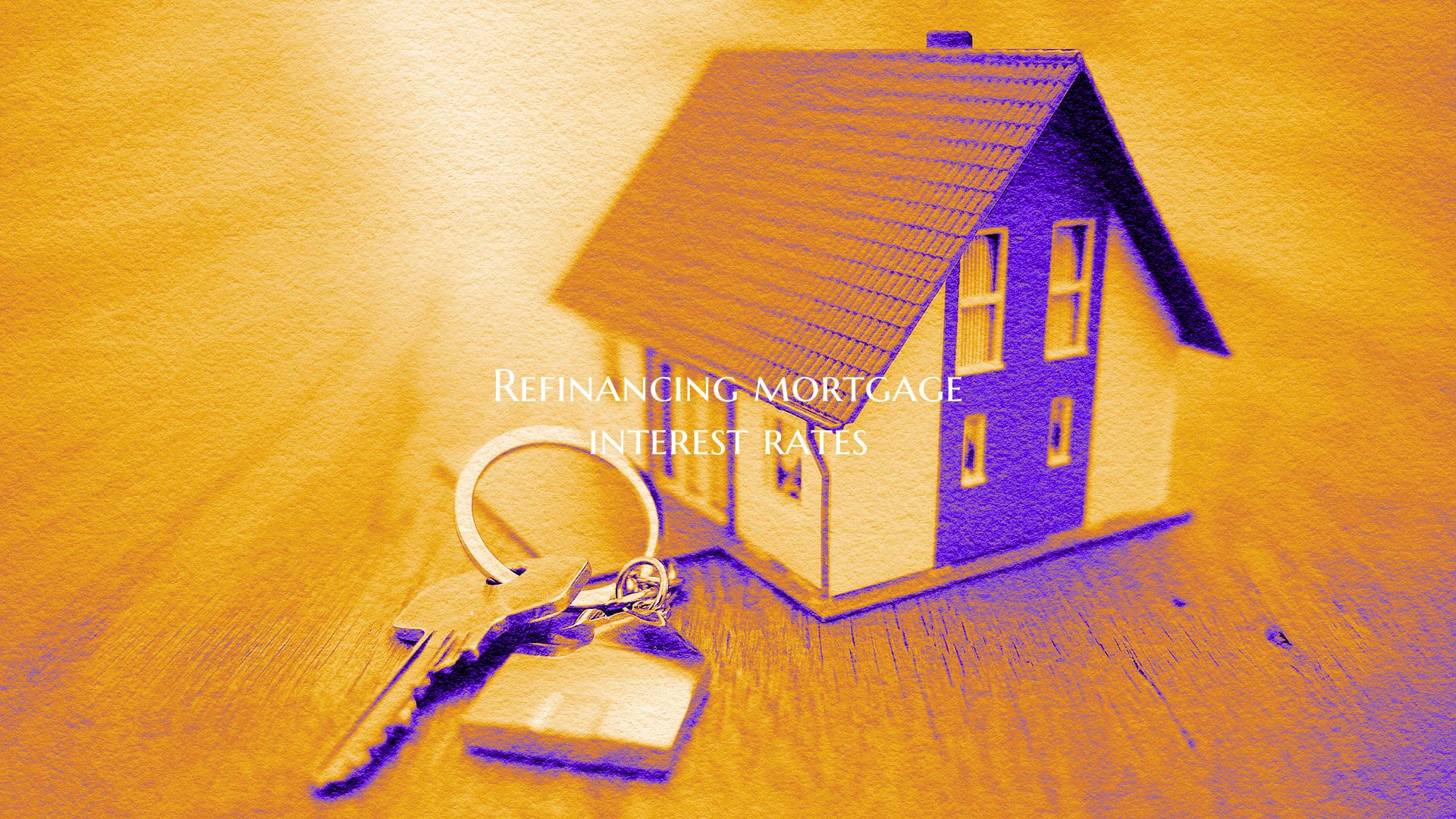Refinancing mortgage interest rates

Refinancing Your Mortgage: Understanding Interest Rates
Refinancing your mortgage can be a smart financial move, especially if you can lower your interest rate. By refinancing, you replace your current mortgage with a new one that has better terms, potentially saving you money over the life of the loan. One of the key factors to consider when refinancing is the interest rate.
Interest rates play a significant role in determining the overall cost of your mortgage. When interest rates are low, it can be an excellent opportunity to refinance your mortgage to secure a lower rate. By lowering your interest rate, you can reduce your monthly payments, save on interest expenses, and even shorten the term of your loan.
Before refinancing, it's essential to compare interest rates from different lenders to find the best deal. Consider factors such as the annual percentage rate (APR), loan terms, and any fees associated with the loan. It's also crucial to calculate the potential savings and break-even point to determine if refinancing makes financial sense for your situation.
Keep in mind that refinancing your mortgage can have both short-term and long-term financial implications, so make sure to carefully weigh the pros and cons before making a decision. Consulting with a financial advisor or mortgage professional can also help you navigate the refinancing process and make informed choices about your mortgage interest rates.
